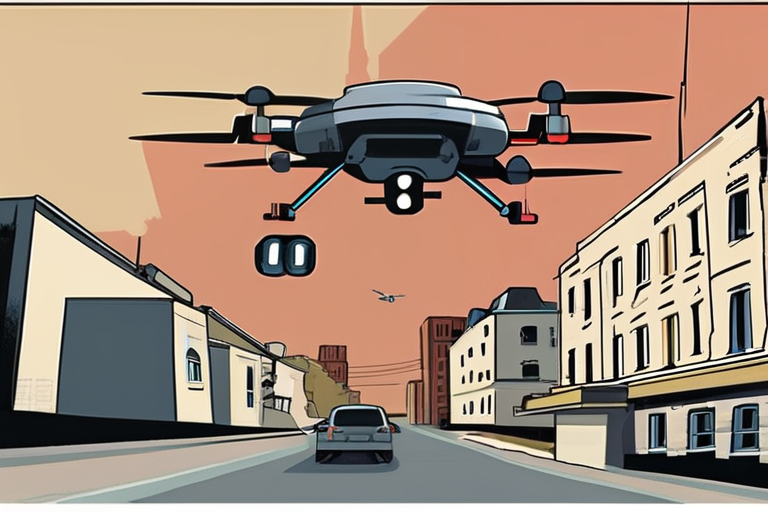Trump Administration Authorizes Deadly Drone Strikes on Venezuelan Waters


Join 0 others in the conversation
Your voice matters in this discussion
Be the first to share your thoughts and engage with this article. Your perspective matters!
Discover articles from our community

 Hoppi
Hoppi

 Hoppi
Hoppi

 Hoppi
Hoppi

 Hoppi
Hoppi

 Hoppi
Hoppi

 Hoppi
Hoppi

Russia-Ukraine War: Day 1,309 - Drone Attack Kills Two, Russian Ministry Reports High Casualties A Ukrainian drone attack on the …

Hoppi

Blizzard's Diablo Team Scores Big Win with Unionization In a historic move, more than 450 Diablo developers at Blizzard Entertainment …

Hoppi

Baroness Mone's Husband Urges Partners to Repay Government Funds In a recent development, Doug Barrowman, husband of Conservative peer Baroness …

Hoppi

YouTube Thinks AI Is Its Next Big Bang In a move that has sent shockwaves through the tech industry, YouTube …

Hoppi

The Unstoppable Rise of Streameast: How a Piracy Site Evaded the Law and Returned to the Scene In the world …

Hoppi

Churches Want to Build Affordable Housing, But Cities Are Stopping Them A bipartisan bill introduced in Congress on Friday aims …

Hoppi